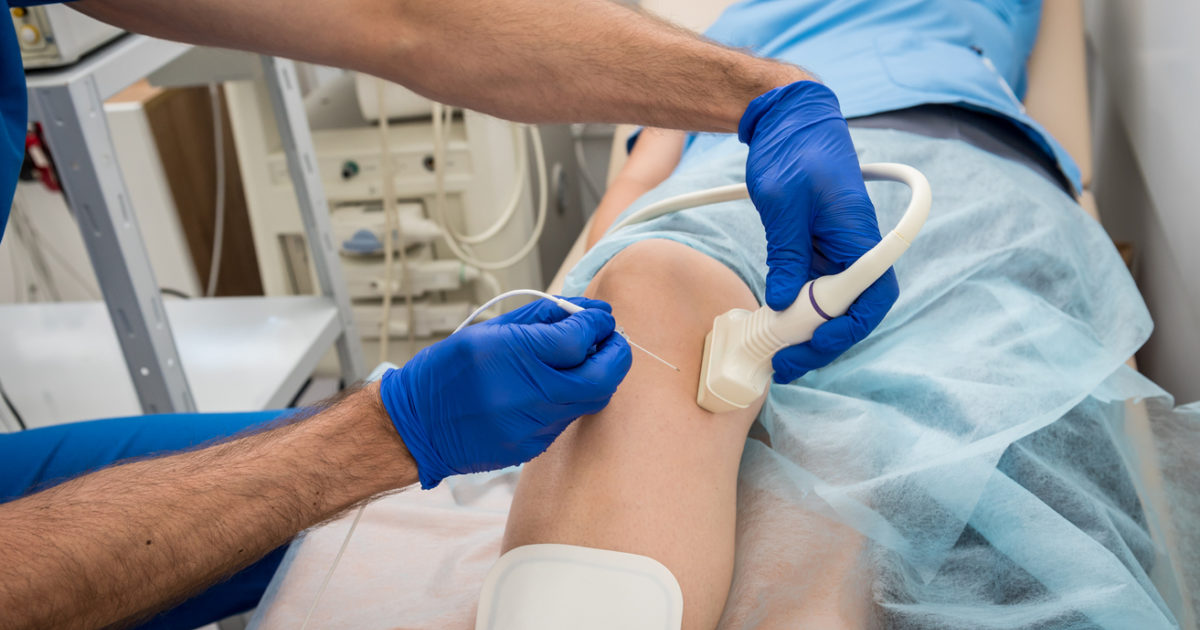Selecting the appropriate vascular surgeon is essential for individuals dealing with health problems related to blood vessels. This crucial choice may have a big influence on how well patients respond to treatment as well as feel about themselves generally. Patients should think about a number of important aspects before making a decision, such as the surgeon’s training, background, communication skills, use of contemporary technology, along with attitude toward fees and insurance. Examining patient comments and scholarly contributions can also yield insightful information. This guide provides vital advice to assist patients in choosing the most suitable vascular surgeon for their individual requirements.
1.Verify Their Qualification and Experience
Selecting a vascular surgeon who has adequate experience in the management of operations related to blood vessels is important. Ensure the potential surgeons are board certified in the procedure to be done in vascular surgery. This provides overwhelming evidence of surgical training and capacity, which is well shown by this rigorous certification process. Ideally, a vascular surgeon should preferably have been practicing for at least five years consecutively. This would guarantee a good deal of hands-on practice regarding different vascular disorders and the growth of surgical skill.
Choose those surgeons who are linked to the renowned health care centers and utilize the modern equipment and technologies. Supreme numbers of difficulst vascular surgeries also suggest higher levels of proficiency. Moving on from overall credentials, find out which of the potential surgeons has had experience in treating the particular vascular condition you are dealing with. For example, if you are a candidate for aortic aneurysm surgery, select a vascular surgeon with a long record of successful surgeries at your age and using the latest endovascular technique.
2. Assess Their Professionalism and Interpersonal Skills
Although clinical skills are valued, human factors and aesthetics mean that a positive attitude and the way of speaking to patients are better. The best vascular surgeon will always appear interested in your overall health and encourages you to ask questions and will make efforts to explain the condition, the procedure, the process of rehabilitation and the risk involved in simple and basic language. Vascular surgery and treatment regimens are often intricate, thus patients’ quality of life; words of encouragement from physicians help alleviate their distress.
As a first step during the consultation process, the patient should consider whether the personality of the vascular surgeon is something, which they would like to deal with on a regular basis. Are they making polite eye contact, do they seem to listen to the concerns or issues being raised, and do they answer all questions politely? Lastly, does the information they provided about vascular health issues and possible treatment options make you feel safe? Patients’ understanding, accurate information, and compassionate approach build trust with the surgeon’s advice.
3. You can also inquire on how they use modern technology
Surgery of blood vessels has become today highly dependent on state-of-art equipment such as endovascular surgeries which are done through small holes and with the help of imaging techniques. This is faster than recovery from open surgery since the body tissue is least affected. It is recommended when interviewing the candidates in the shortlist during the first time, to ask each of the vascular surgeons about the availability of the new equipment and the usage of innovative minimally invasive approaches. Also enquire about their training, experience and performance or results on patients with new techniques of vascular surgeries.
Ideally the doctors should demonstrate competence in new and complex procedures such as endovascular aortic repair, carotid artery stenting, methods of removing clots and other innovative minimally invasive ways of clearing blocked veins without surgery. These are the visions of the future of vascular medicine – shorter stays in the hospital, decreased chances of infection, and faster time to heal. That means patients can be sure they receive state of the art treatment, which is also confirmed through the latest technology purchases the hospital makes.
4. Check How They Deal with Insurance and Their Fees
Complexity of the surgeries involved and the aftercare required in dealing with vascular diseases may be costly despite the insurance. You must therefore encourage patients to discuss with surgeons in advance what out-of-pocket costs are likely in addition to the proposed insurance claims. This enables wise budgeting when it comes to copays, deductibles, tests, medication, and even aftercare as and whenever needed.
Clear information from the start concerning the relationship of the surgeons with domestic health insurance companies, if there are any known problems with approval of any policy change or generics substitution etc. Whether the surgeons have special offers for payment of big amounts if the patient is uninsured or if they have value packages or payment schedules. The knowledge of all this at the outset of the process helps avoid many nasty shocks later on and allows time for preparation or clarification of loan options if needed.
5. Academic writing and reviews from independent online sources
It is therefore important to spend your time searching credible sites for reviews by other patients before you secure the first vascular surgeon appointments. These give clear, factual accounts of real-life situations that are often not reportable by formal medical certification or exhaustive hospital records. Do not just focus on average rating figures – devote time to go through details of the positive and negative feedback for the shortlisted surgeons.
Check whether some surgeons are trashing certain others for similar complaints such as: poor follow up after the procedure, neglect of patients’ discomfort, communication breakdown of the staff, about ambiguous billing policies, or other similar shortcomings. Such feedback shows you what one needs to do even when on paper one may have all the qualifications needed. The positive reviewers also provide the additional details of doctors with good communications skills, well organized team of assistants, additional measures taken to prevent infections and so on. They help in making a correct decision about the strengths and weaknesses of each candidate.
Conclusion
A number of important considerations must be carefully taken into account when selecting the best vascular doctor. Patients are able to make an educated decision by assessing credentials, experience, social skills, technological know-how, and budgetary concerns. Also, reading through academic contributions and patient feedback yields insightful information. Better treatment outcomes and a better overall healthcare experience can be achieved by taking the time to carefully investigate and evaluate potential surgeons.

